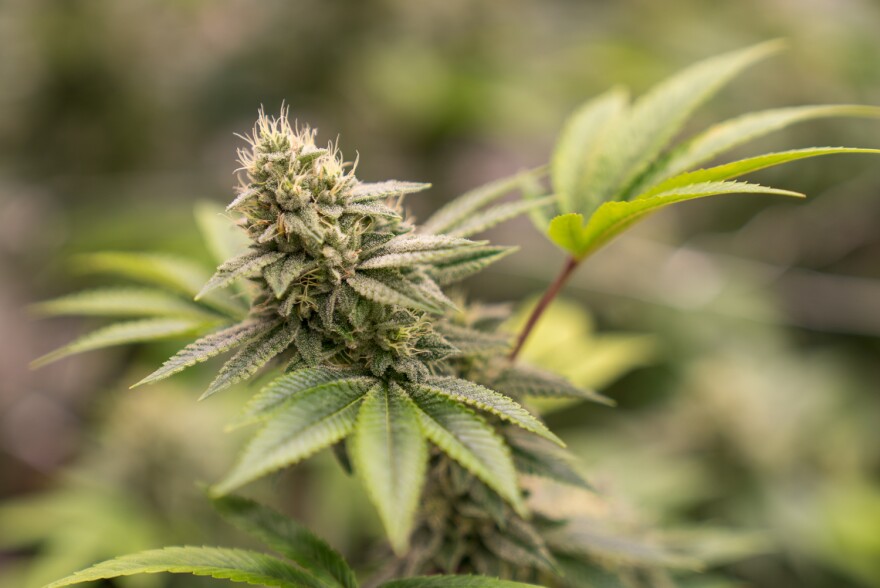Illinois held the first of three lotteries for 185 new recreational marijuana dispensary licenses Thursday, awarding 55 new licenses across the state.
The state awarded three licenses in the Metro East — to Fortunate Son Partners, Emerald Coast and CTY Enterprises. The locations have not been released. The Metro East will see a total of 10 new licenses after the next two drawings.
The state will hold a drawing on Aug. 6 giving 55 licenses specifically to groups owned by someone or their family member who was arrested or convicted of a minor cannabis offense or people from communities most affected by the war on drugs.
On Aug. 19, Illinois will also distribute 75 licenses to the 21 finalists who achieved perfect scores to qualify for the original license lottery last year.
Thursday’s lottery comes more than a year after Illinois was supposed to award new dispensary licenses, which was delayed in part by the coronavirus pandemic. The state also received intense criticism from Black and brown candidates, whose applications largely did not make up the finalists for the initial lottery.
“I think for the first time in a long time folks actually have hope in the process. It’s been a long time coming,” said Kareem Kenyatta, who helped 38 individuals submit applications to the state through the Majority Minority Group, which he co-founded. One of those groups was awarded a license.
Illinois lawmakers changed the cannabis dispensary licensing process, establishing a lower threshold for applicants to be considered and a specific date only for “social equity” applicants. The rule changes meant Illinois also included candidates who achieved 85% of the points in the lotteries instead of only considering the top-scoring applicants, Kenyatta said.
“To get to the 85% threshold, you were probably able to do that within reasonable means,” he said. “I feel comfortable saying that there will be more diversity in the industry as a result of all three of the lotteries, but especially the first two lotteries.”
Kenyatta acknowledges the road ahead for Black and brown applicants won’t be easy even if they are awarded a license. Investors they had lined up before may have soured on the endeavor, he said.
“It’s a complete rebuilding process,” Kenyatta said. “Hopefully a lot of the social equity applicants that are fortunate enough to receive a license will still have access to those networks.”
Without solid funding, license awardees may have to look to selling, partnering or otherwise giving up equity to get the dispensary off the ground, he said. Still, adding more people of color to a white and male-dominated industry is a step in the right direction, Kenyatta said.
Eric Schmid covers the Metro East for St. Louis Public Radio as part of the journalism grant program: Report for America, an initiative of The GroundTruth Project.






